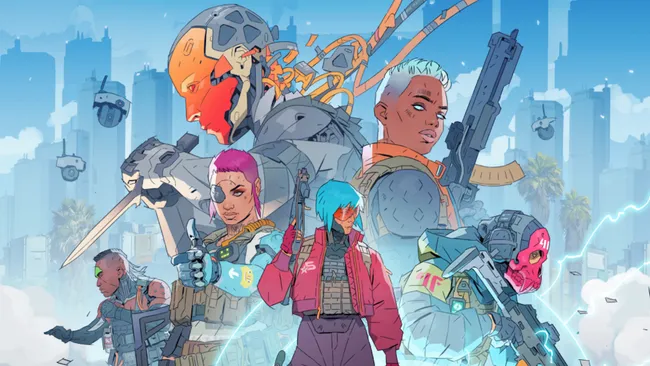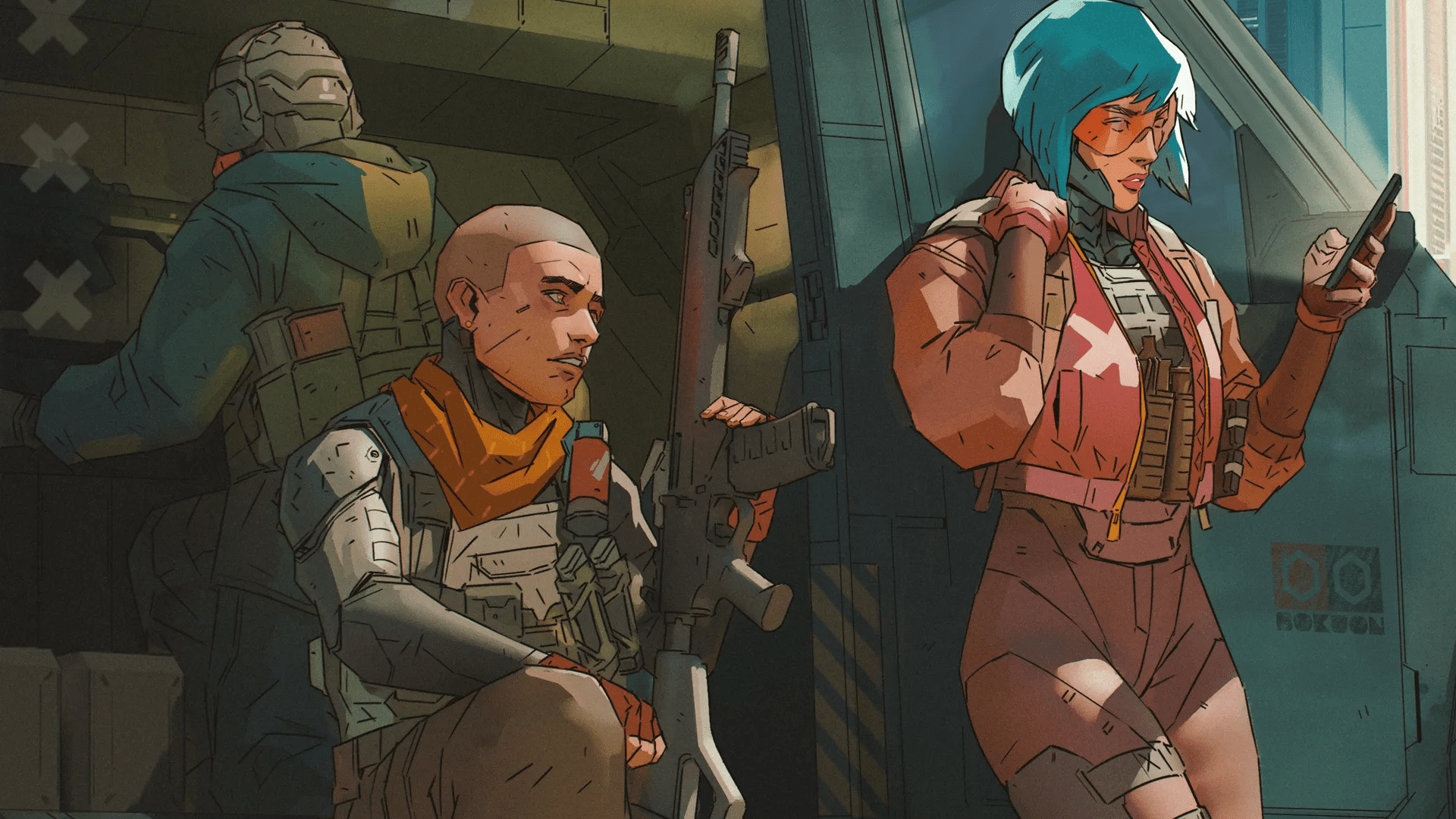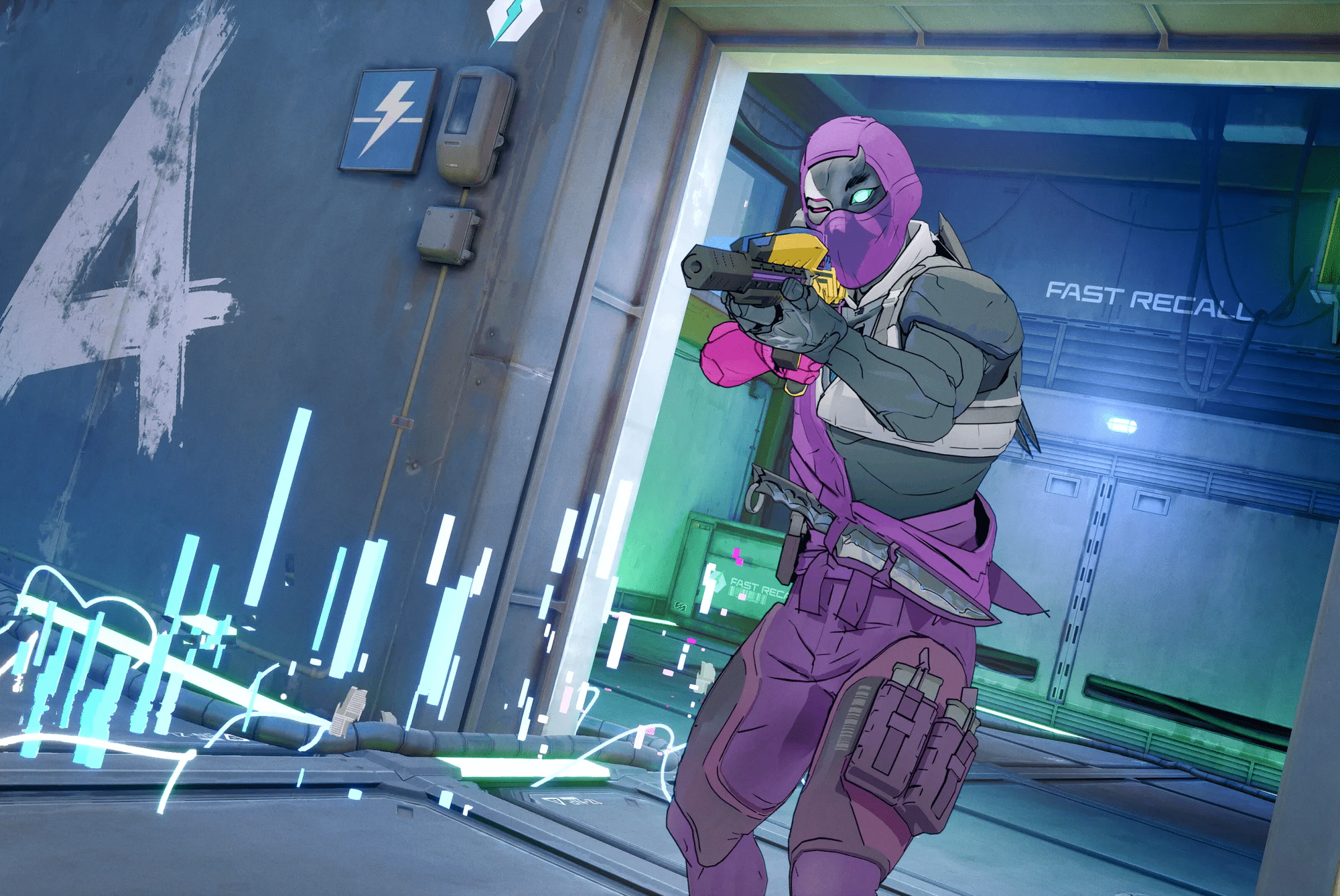The name currently being discussed in this story is Spectre Divide – a game that has garnered significant attention since its experimental release in 2024.
At this stage, the unique gameplay style that allows players to control two characters has made Spectre Divide a notable entry in the gaming world. Many who participated in the experience had to admit that this new gameplay mechanic is quite engaging and effective. The game is set in a vibrant future, and many believe it could compete with heavyweights like Valorant or Counter-Strike 2.

However, not everything is as it seems. According to the latest news, the free-to-play FPS game Spectre Divide will officially cease operations within the next 30 days, while the development team at Mountaintop Studios will explain the situation later this week.
This shocking news comes just six months after the game’s 3v3 beta was launched on Steam and only two weeks after the first season of the game kicked off alongside its PlayStation version. In the publisher’s statement, the main reason for the shutdown was the low player count following the initial launch.

It is evident that the player count has declined significantly over time. In its first week, Spectre Divide attracted around 400,000 players, with the peak number of concurrent players reaching 10,000. However, this number has steadily decreased. According to statistics from SteamCharts, as of February, the peak number of concurrent players had dropped to only 1,083, with an average of 263 players. Spectre Divide was viewed as a refreshing addition to the tactical FPS genre, drawing inspiration from Counter-Strike and Valorant. A unique feature is that each player not only controls their main character but also possesses a phantom version of themselves in battle.

New purchase transactions will be disabled immediately, and all in-game currency will be refunded once Season 1 concludes. Detailed information regarding the refund process will be announced soon. The shutdown of Spectre Divide is just one of many failures recently in the live-service gaming sector, highlighting the challenges faced when competing against established giants like Call of Duty: Warzone, Fortnite, and Valorant.





















